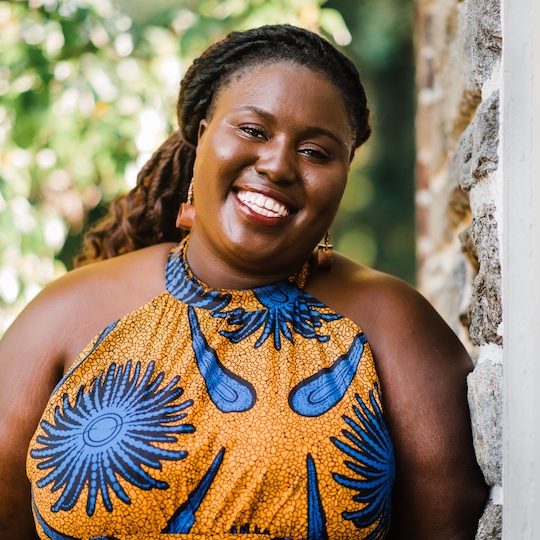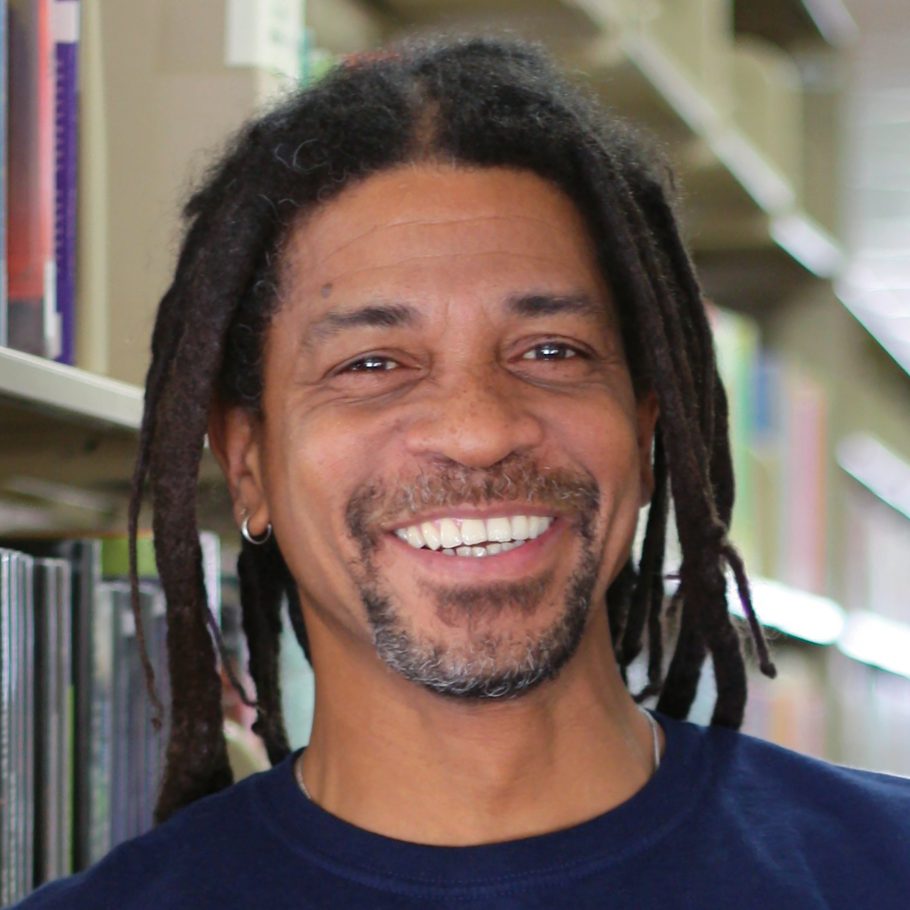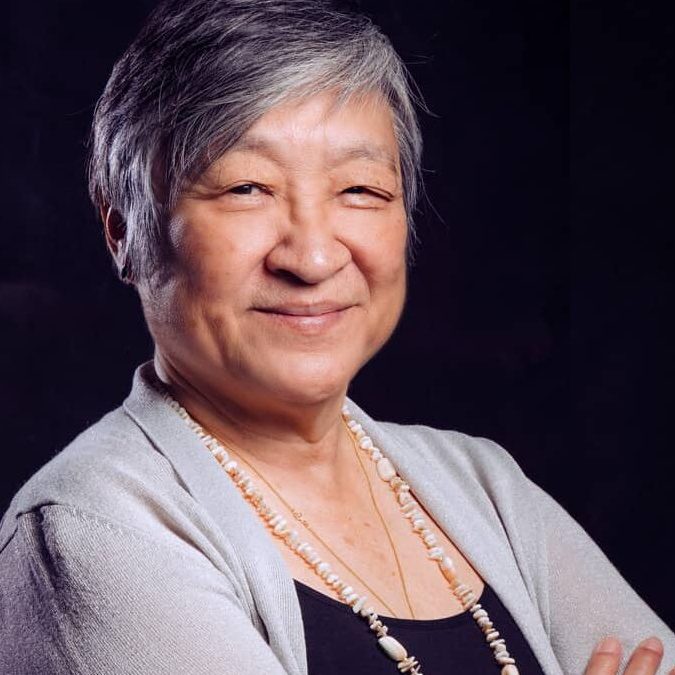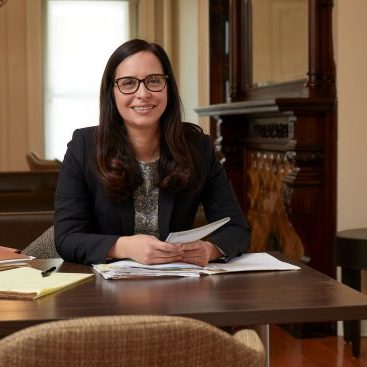Rachel Lopez, Associate Professor of Law, Drexel University, Thomas R. Kline School of Law
Rachel López is an Associate Professor of Law at the Thomas R. Kline School of Law at Drexel University and the Director of the Andy and Gwen Stern Community Lawyering Clinic. She is currently a Fellow at the Carr Center for Human Rights Policy at the Harvard Kennedy School. She has also held visiting fellowships at the Lauterpacht Centre for International Law at the University of Cambridge, the Orville H. Schell, Jr. Center for International Human Rights at Yale Law School, and the Max Planck Institute for Comparative Public Law and International Law. In 2016, Professor López researched transitional justice in Guatemala and Spain as a Fulbright Scholar. From 2015 to 2019, she served as a Commissioner on the Pennsylvania Sentencing Commission, as an appointee of Governor Tom Wolf.
Her scholarship primarily focuses on state responsibility for mass abuse, transitional justice, and the carceral state. Her articles have appeared or are forthcoming in well-regarded law journals, such as the Northwestern Law Review, Columbia Journal of Transnational Law, NYU Journal of International Law and Politics, and University of Pennsylvania Journal of International Law. Her article, The Law of Gravity, was selected for the “New Voices in Human Rights and International Law” session at the 2020 Association of American Law Schools (AALS) Annual Meeting. Her work has been featured in The Hill, Americas Quarterly, Opinio Juris, The Philadelphia Inquirer, Open Global Rights, and local affiliates of National Public Radio (NPR) and the National Broadcasting Company (NBC). She has also testified at hearings before the United Nations High Commissioner for Human Rights and the Philadelphia City Council.
She is a co-chair of the 2022 Annual Meeting for the American Society for International Law (ASIL) as well as for the Transitional Justice & Rule of Law Interest Group of the Society. Additionally, she is a co-founder of the Collaborative Research Network (CRN) on Transitional Justice at the Law and Society Association. She serves on the Executive Committees of the AALS Sections on International Human Rights, Civil Rights, and Elder Law and is also the treasurer for the AALS Section on International Human Rights. Recently, she was also appointed to serve on the Board and the Legal Advisory Committee of the Philadelphia Chapter of the American Civil Liberties Union.
Prior to joining the law school, Professor López was a clinical teaching fellow and then a visiting assistant clinical professor at Seton Hall University School of Law where she supervised law students on a wide range of cases, including immigration, human rights, death penalty, prisoners’ rights, family law, and civil rights cases, in both domestic and international forums. She also served as a Cooperating Attorney with the Center for Constitutional Rights and clerked for the Honorable Justice Petra Jimenez Maes at the New Mexico Supreme Court. She previously worked at the Open Society Justice Initiative, the Inter-American Commission on Human Rights, and the International Criminal Tribunal for Rwanda. Through the support of the Arthur C. Helton Fellowship from ASIL, she also worked at the Citizen Governance Initiatives in Cameroon.
Professor López received her B.A. in Sociology, Political Science, and International Studies from Northwestern University and her J.D. from the University of Texas, School of Law. She also has an LL.M. in French and European Law from Université Paris 1, Panthéon-Sorbonne.





